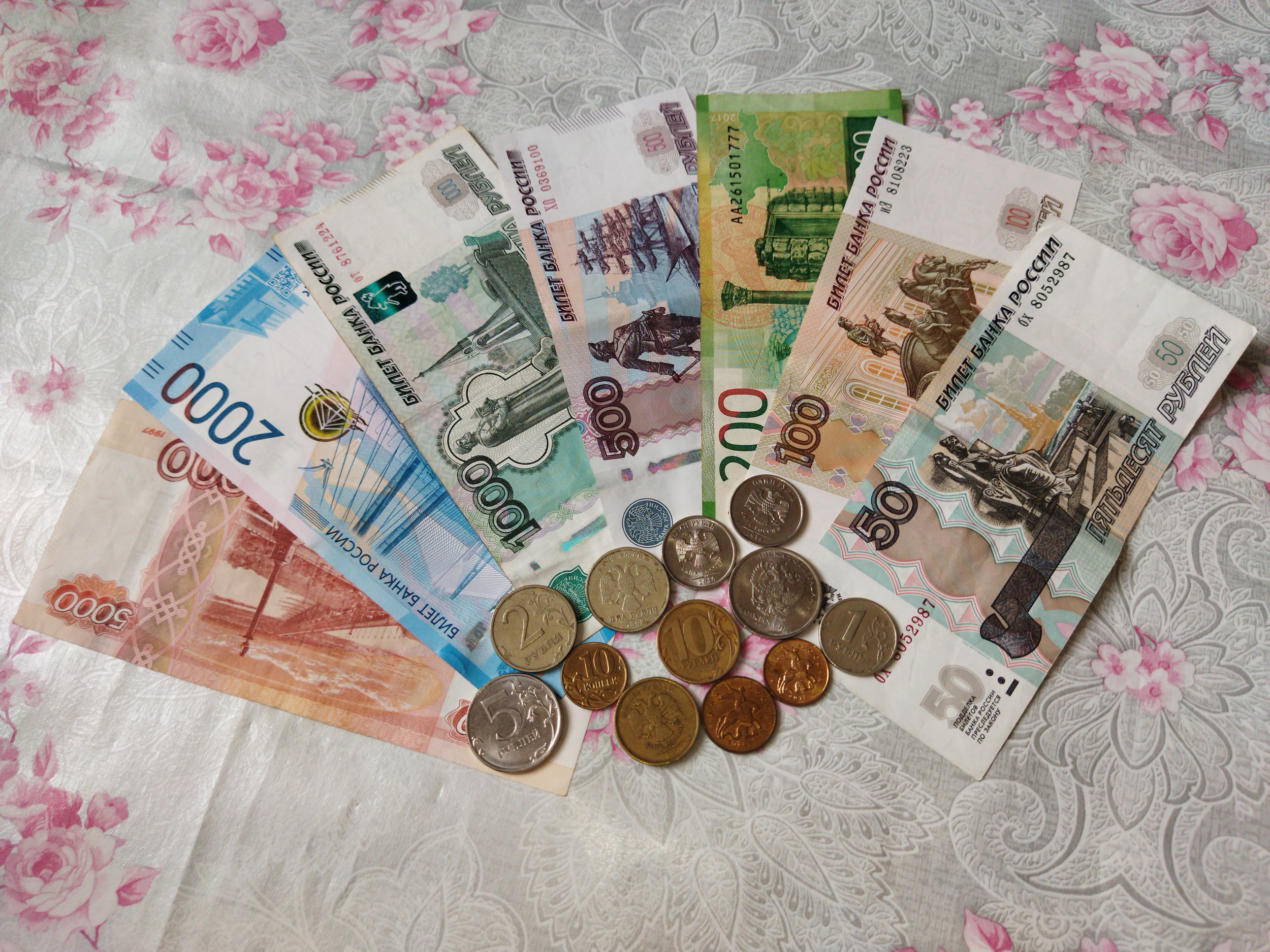How ECOWAS can Confront Democratic Backsliding in West Africa
Troops from ECOWAS member-states raise their national flags to kick off Western Accord 2016 (Flickr)
Ibrahim Traore was sworn in as Burkina Faso's interim president on October 21 after leading the country’s second coup in 2022. It was only the latest in a string of coups throughout the region. Since 2020, military coups have occurred in Mali, Chad, Guinea, and Burkina Faso. In order to return to democracy, regional organizations like ECOWAS, the Economic Community of West African States, must step up and lead a region-wide response against such insurrections.
ECOWAS is a 15-member political and economic union founded in 1975 as a way for the newly independent West African states to promote trade and self-reliance. Over time, its purview has grown to include political and military powers, including the ability to apply sanctions and deploy peacekeeping forces.
ECOWAS has been remarkably successful in this role. A study conducted by SSRN showed that the group has reduced violence in member states and stimulated economic growth for the entire region. An ECOWAS force deployed to Liberia in 1990 and helped end its civil war and establish a democracy. In 2010 and 2015, it used diplomatic pressure to convince the leaders of the Ivory Coast and Senegal to step down after they had initially refused to accept election results.
However, the organization is now facing a crisis of legitimacy. In response to military takeovers, ECOWAS typically suspends a country's membership and imposes economic sanctions. However, these sanctions are increasingly perceived as an attack on the country's citizens instead of a response to the actions of its leaders. Citizens participating in anti-ECOWAS protests in Mali and Burkina Faso feel they are being punished for something they had no involvement in. In the end, ECOWAS has agreed to remove sanctions on Mali and Burkina Faso, with the military government still in charge.
If ECOWAS hopes to continue defending democracy in West Africa, it must change its approach. Sanctions, while well intentioned, are not a viable solution—because these measures only increase nationalist sentiment among the population and raise the popularity of junta leaders.
Therefore, ECOWAS needs to put pressure on military governments while minimizing the impact on the civilian population. Diplomatic appeals to junta leaders should demand a rapid return to civilian rule. It must be made clear that countries will be ostracized until they have a plan for ending military rule.
This has already worked in Guinea, where an ECOWAS mission and the junta agreed to shorten the transitional period before elections from three to two years. If they still refuse to engage, ECOWAS should ensure they are not allowed to benefit from the organization. Their membership should remain suspended until a transition plan is in place.
The recent coups in West Africa provide an opportunity for ECOWAS to show its strength as a defender of democracy. If the organization can step up and guide West Africa through this challenging time, it could provide a blueprint for regional organizations combating democratic backsliding worldwide.






